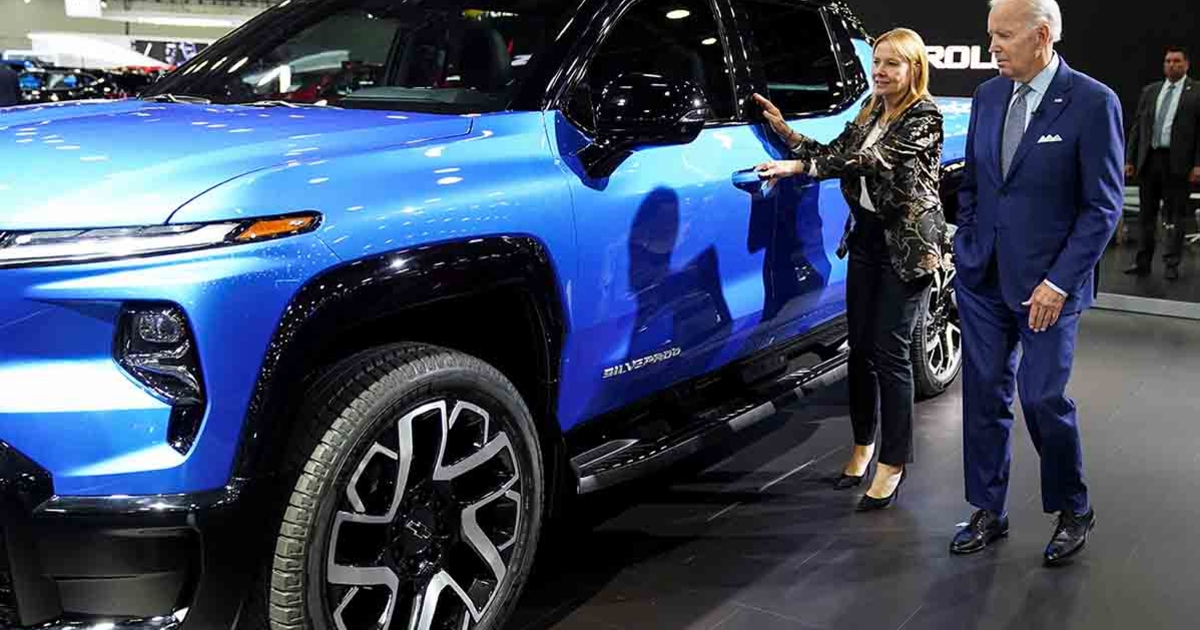
WASHINGTON — The Biden administration, as expected, is making up to $12 billion available for automakers to retrofit their facilities to make EVs and hybrids under the administration’s signature Inflation Reduction Act.
The funding comes amid tense negotiations between the Detroit 3 and the UAW, which has said the transition to EVs threatens union jobs. It includes $10 billion in newly announced funds from a U.S. Energy Department loan program for clean vehicles. The Energy Department also said it’s planning to make available an additional $3.5 billion in financing to expand domestic battery manufacturing for vehicles and the nation’s power grid.
U.S. Energy Secretary Jennifer Granholm vowed Thursday the U.S. wouldn’t leave American autoworkers behind, telling reporters the funding will support projects in longstanding auto making communities to help retain workers amid the transition.
The funding is a sign the Biden administration is doubling down on the shift to EVs to remake the auto industry despite criticism from the biggest autoworkers union. The UAW’s new president, Shawn Fain, warned the White House earlier this month not to push EVs at the expense of blue collar jobs.
The union blasted a June announcement of a $9.2 billion federal loan to a Ford joint venture as a gateway to “low-road jobs.”
“This funding will help existing workers keep their jobs and have the first shot to fill new good jobs as the car industry transforms for future generations,” President Joe Biden said in a statement.
In addition to EVs, the financing can be used for factories that make efficient hybrid, plug-in electric hybrid, plug-in electric drive and hydrogen fuel-cell vehicles, the department said.
The funding, which also includes $2 billion in “manufacturing conversion grants” from Biden’s climate law, comes amid a broader administration goal of having EVs represent at least half of all new car sales in the U.S. by 2030.
Representatives for General Motors, Ford and Stellantis didn’t reply immediately to a request for comment. The Alliance for Automotive Innovation, which represents most major manufacturers in Washington, also did not immediately respond to a request for comment.

